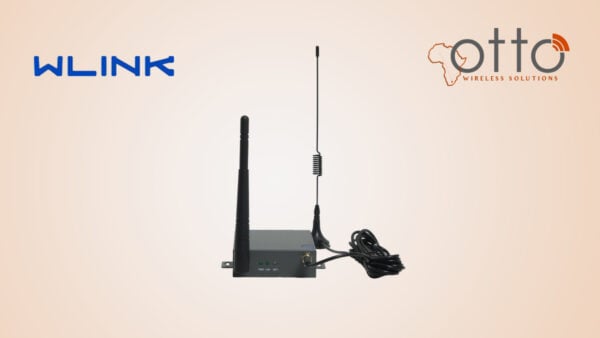Tax changes cause pain for Shein in South Africa

Feedback from competitors, independent research, and online search data indicate that recent import tax changes have begun to impact Chinese fast-fashion retailer Shein in South Africa.
The Foschini Group (TFG) CEO, Anthony Thunström, and Mr Price CEO, Mark Blair, recently told Reuters that it was difficult to quantify the impact of the changes, but it appeared they were working.
“All of us have seen on Shein the social media outrage that has now taken place because of higher prices. It does make us feel comfortable that the new legislation has been applied correctly,” Blair said.
“I think it’s still a bit erratic, not across the board and if I look at our own e-commerce sales, it grew slightly ahead of our store sales, so there must be some positive impact.”
Thunström said it was TFG’s “understanding” that the closure of a tax “loophole” had significantly slowed down international e-commerce sales into South Africa.
The loophole that he referred to was a concession that allowed Temu and Shein to pay a flat 20% duty on all consignments with declared values below R500.
That simplified clearance concession was introduced in 2007 to help South African couriers and logistics companies cope with a surge in e-commerce shipments from overseas.
However, it inadvertently gave the Chinese marketplaces a competitive advantage, especially when it came to clothing prices.
Local retailers and distributors import items in bulk, which means their consignments do not qualify for the concession. Instead, they have to pay a hefty 45% duty, on top of 15% VAT on their imports.
The high duty rate was introduced to help protect the local textile industry, as lower labour and operating costs in Asian markets posed a serious threat.
By bypassing the 45% duty, Shein and Temu were negatively impacting local retailers’ sales and endangering local jobs.
The South African Revenue Service (SARS) responded quickly to industry appeals, initially announcing it would immediately start slapping the 45% duty on all sub-R500 clothing imports in July 2024.
However, that turned out to be unworkable. Instead, SARS implemented an interim measure where 15% VAT was added to all imports with declared values under R500, in addition to the 20% duty.
Sars also said it would adopt a simplified clearance process aligned with the World Customs Organisation (WCO) framework from 1 November 2024.
The South African Express Parcel Association recently explained that this only took effect in February 2025, as Sars needed more time to ensure the taxes balanced consumer, courier, and local retailer interests.
The table below summarises the new applicable duty rates for imported goods based on four broadband categories in the WCO framework.
| Broadband category | Types of imported products | Simplified clearance process | Applicable rate (precise value dependent on type of product) | VAT |
|---|---|---|---|---|
| 1 | Correspondence and documents with no commercial value. Not subjected to duties and taxes/ | Yes | No duty | Yes |
| 2 | Low-value consignments below a specified de minimis threshold for which no duties and taxes are collected. | Yes | Up to 20% | Yes |
| 3 | Low-value dutiable consignments for goods above de minimis, but below the full declaration value threshold | Yes | Up to 30% | Yes |
| 4 | High-value consignments that do not fall under the three categories described above. Includes consignments containing goods that are subject to restrictions. | No | Up to 45% | Yes |
Shein impact is slear
The de minimis value and minimum declaration value thresholds have not been made available to the general public. However, the effective tax rates on all shipments under R500 are now higher than before.
Shein seems to be the worst-impacted by this change. According to Slant Research, its local market share started declining year-on-year from late August 2024.
That was just before VAT was added to all sub-R500 shipments. Its 2025 market share has continued to trend below 2024 levels.
Google Trends data shows that Temu’s popularity has increased compared to the same time last year. However, searches for Shein in South Africa plummeted from around December 2024.
This could potentially be attributed to the tax changes having a larger impact on clothing, which is Shein’s primary offering, whereas Temu is a more general low-value goods retailer.
The slight lag may have been due to customers only starting to recognise the impact of the 15% VAT addition after orders in September 2025.
South Africa’s largest online retailer, Takealot, remained the most popular, while search traffic for the newest player, Amazon.co.za, remained flat.
The table and graph below compare the number of Google Search queries for Shein, Temu, and Takealot in South Africa over the past 12 months.
| Search term | 9 to 15 June 2024 | 8 to 14 June 2025 | Year-on-year change |
|---|---|---|---|
| Temu | 26 | 31 | +31% |
| Takealot | 60 | 62 | +3% |
| Amazon | 24 | 24 | No change |
| Shein | 43 | 34 | -21% |

































